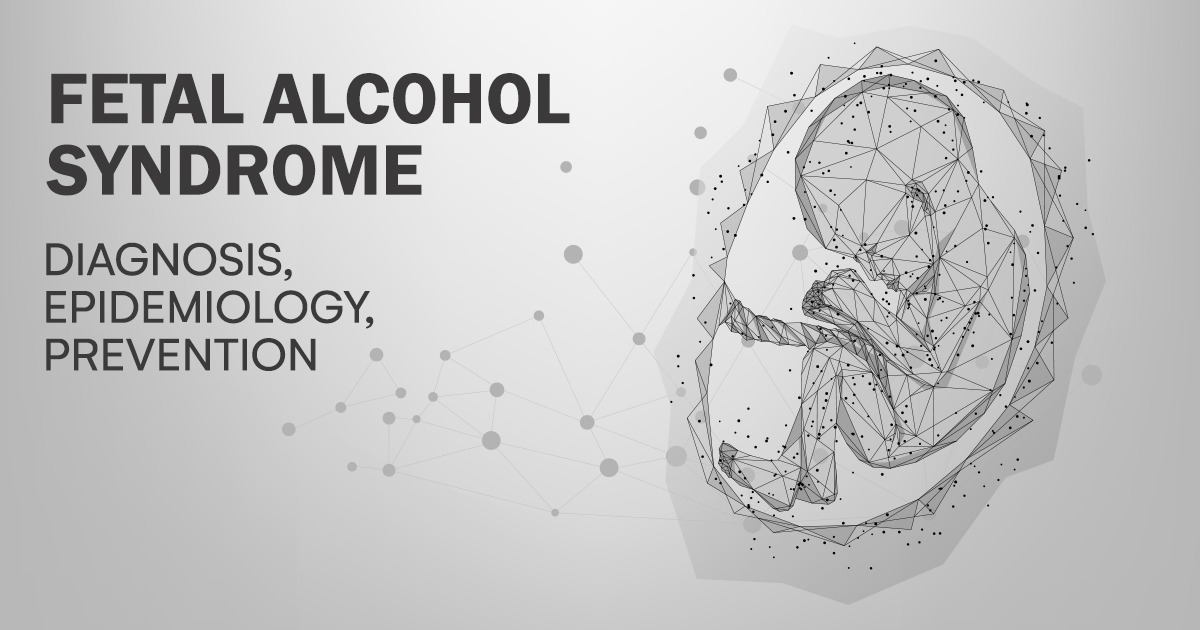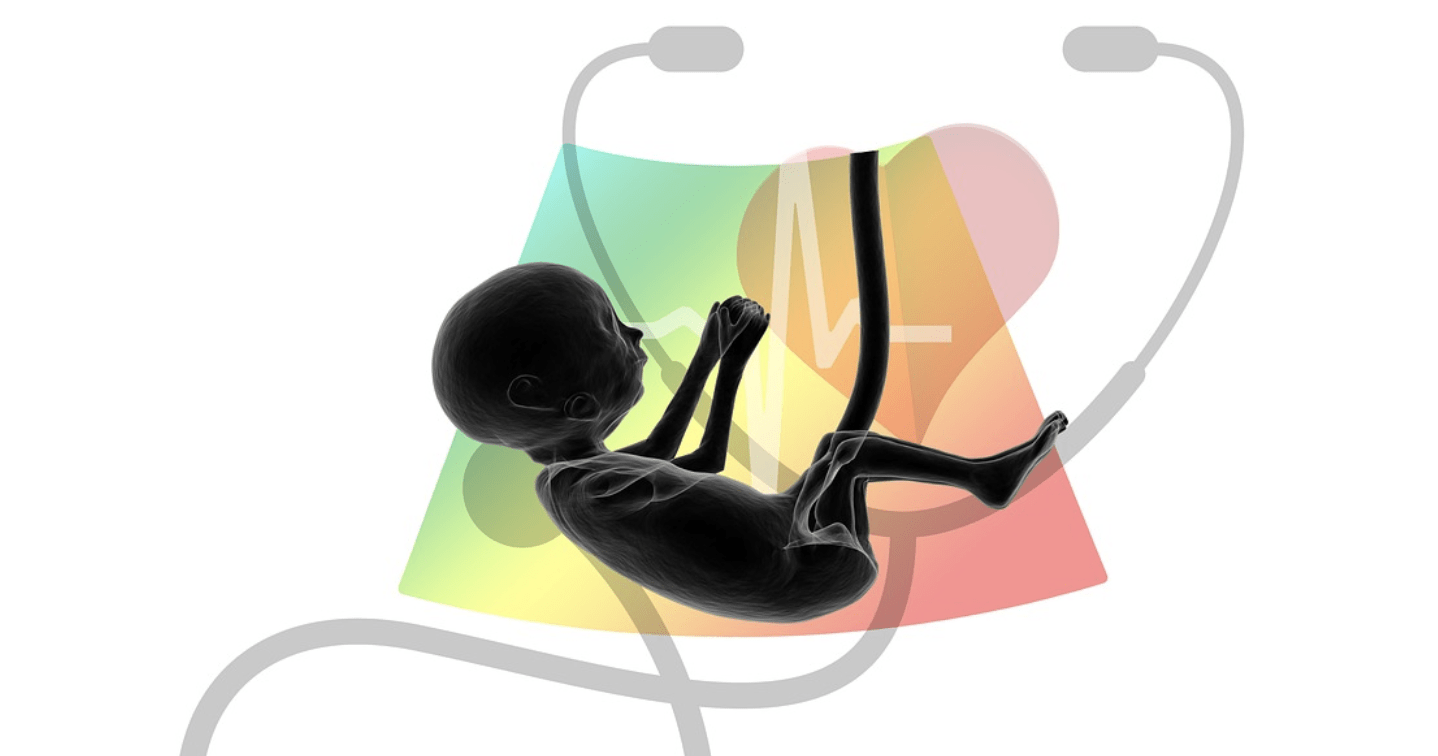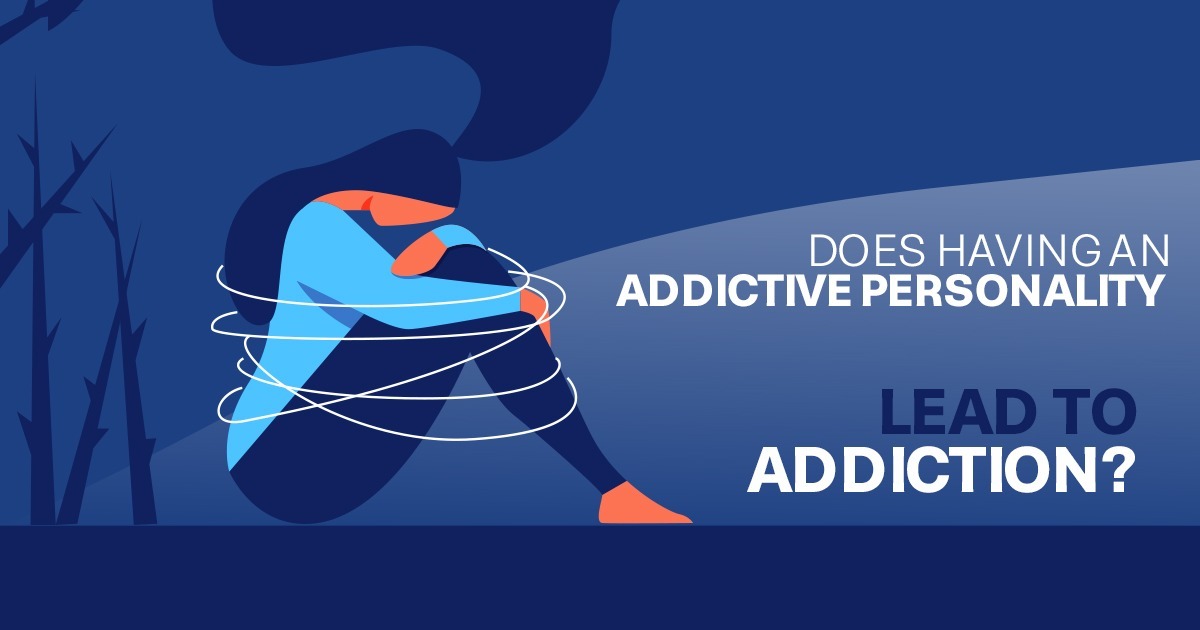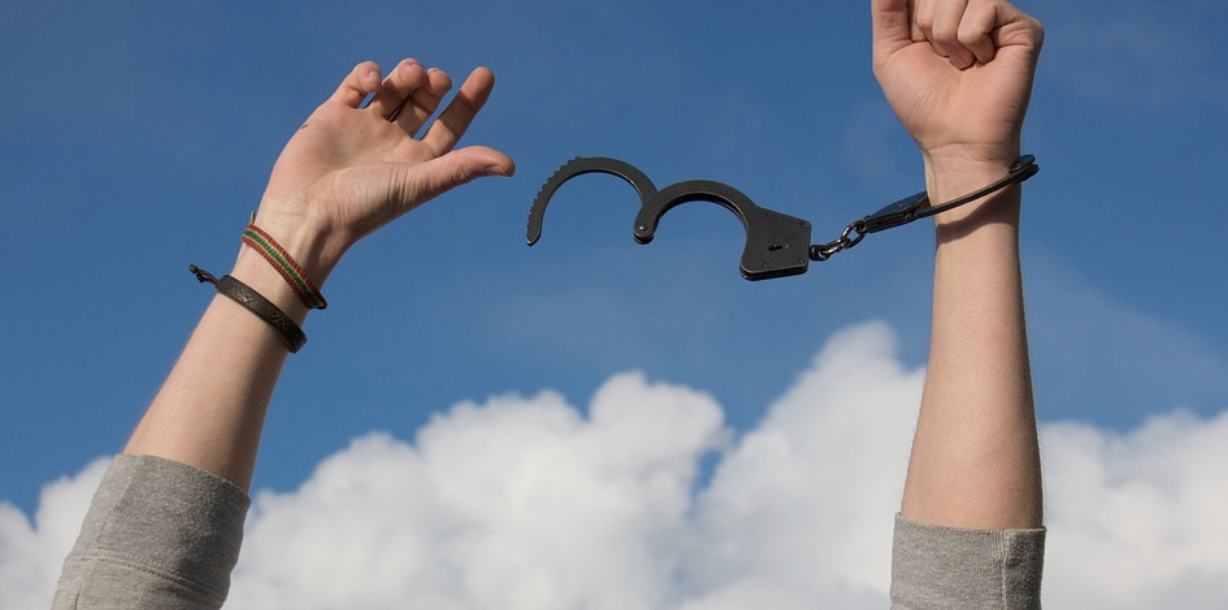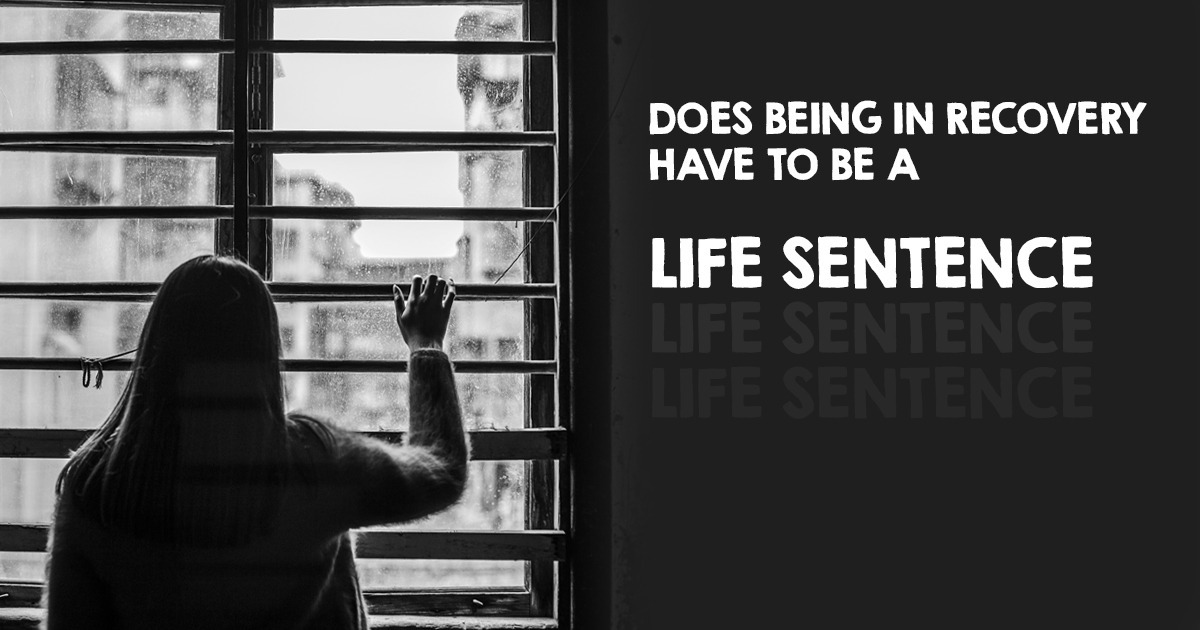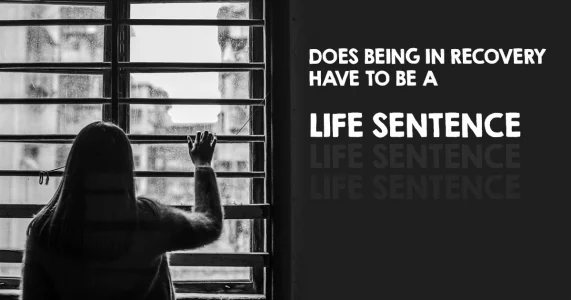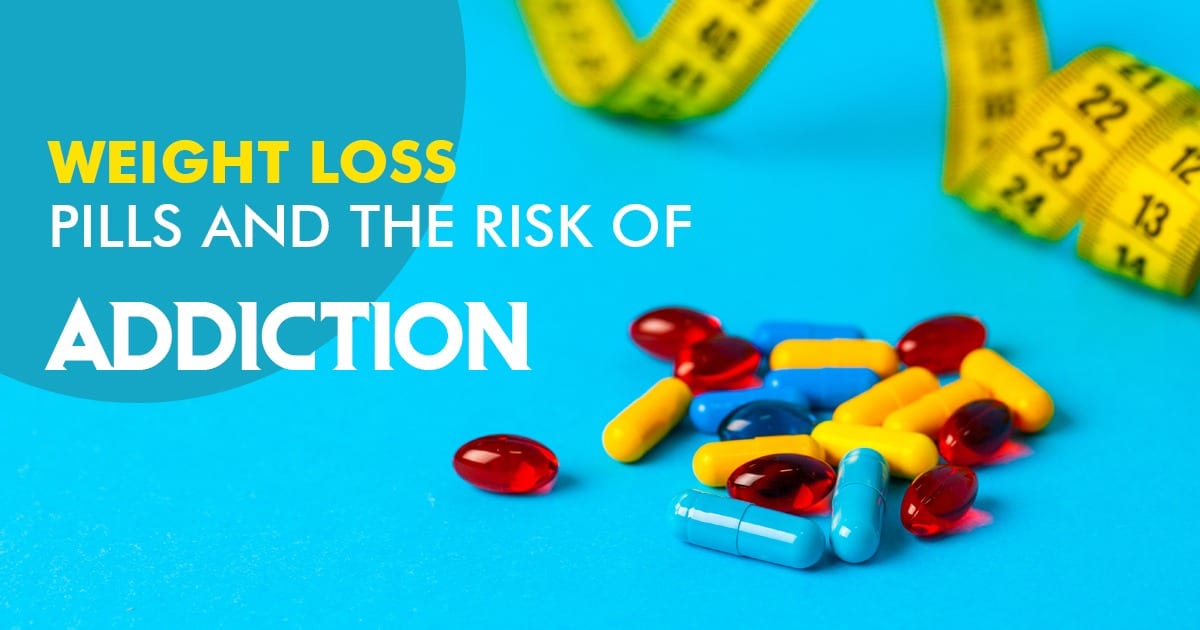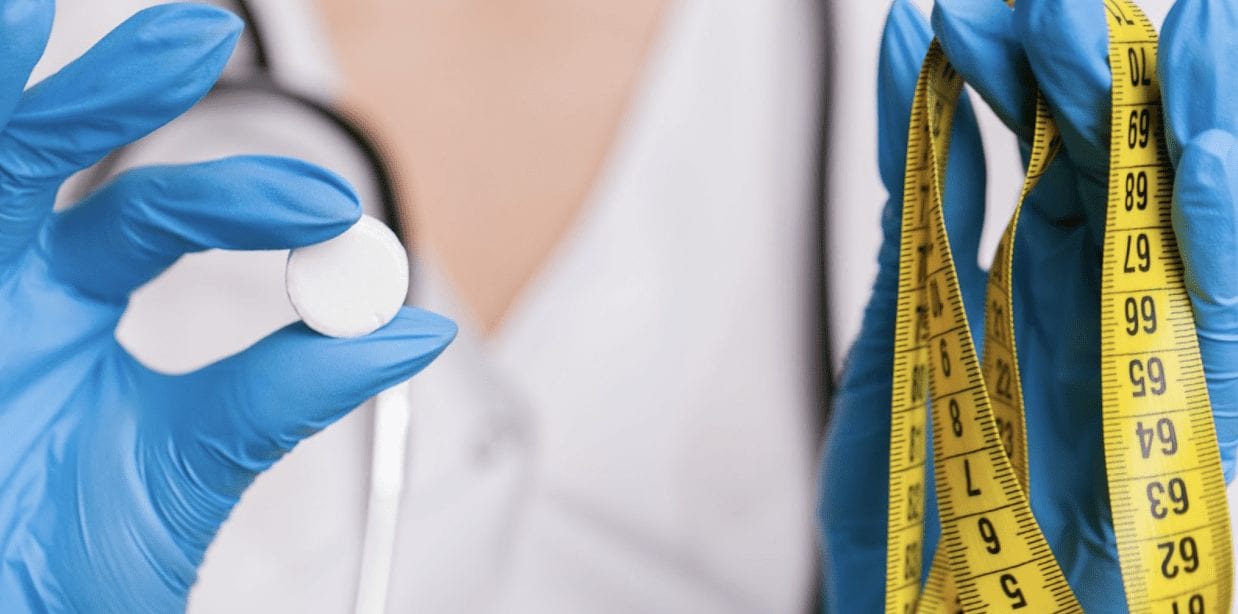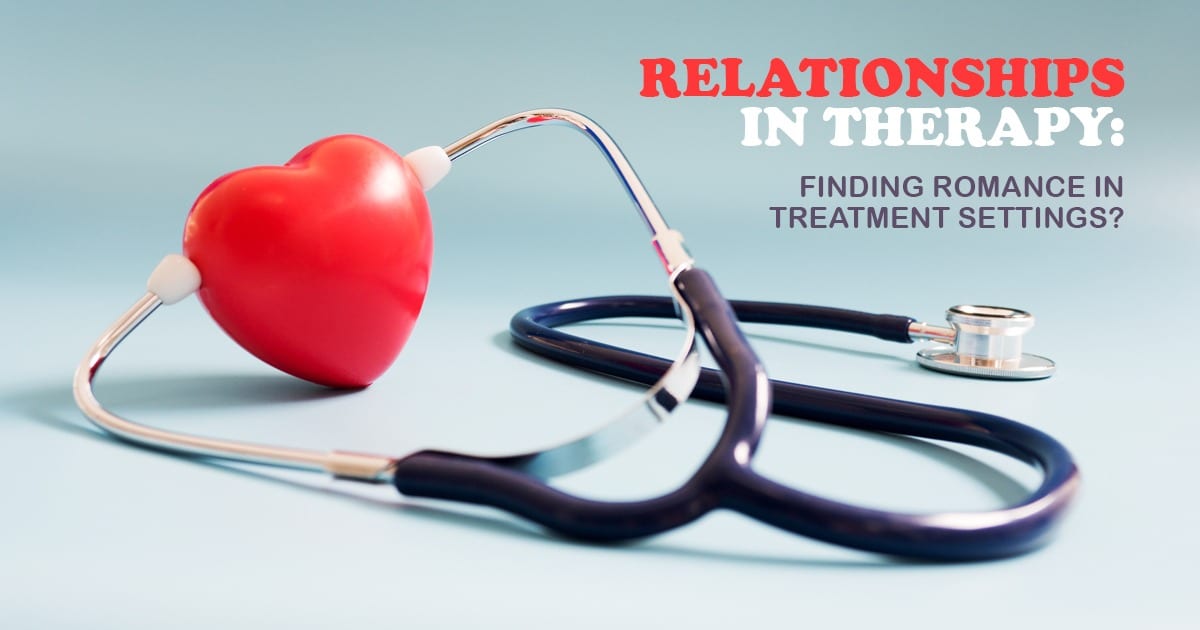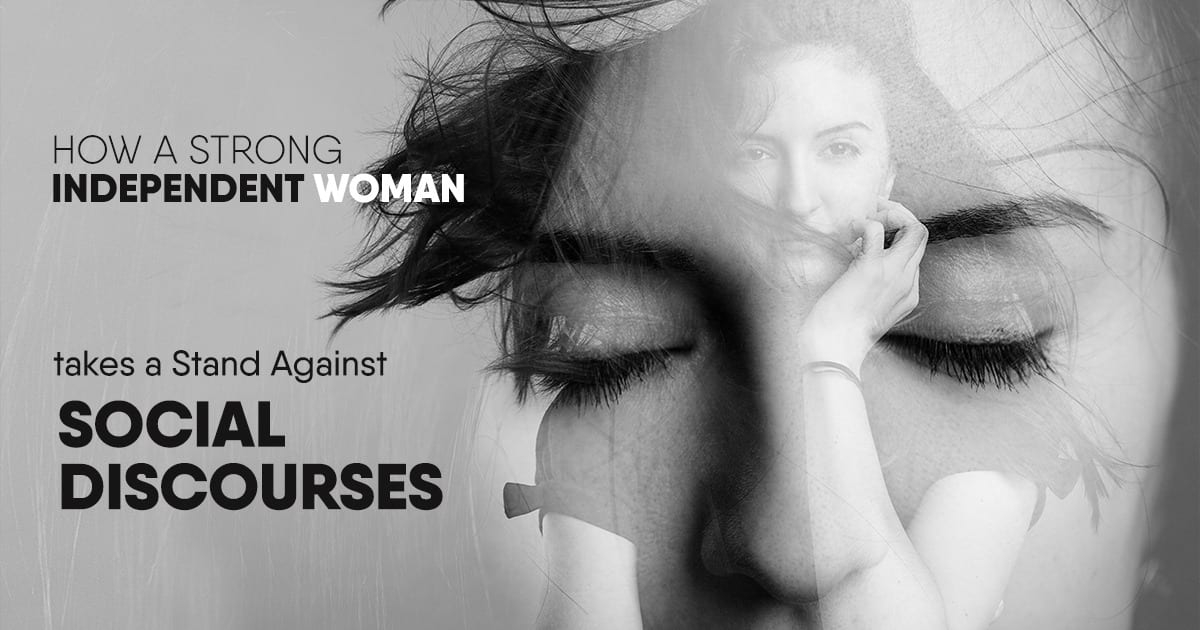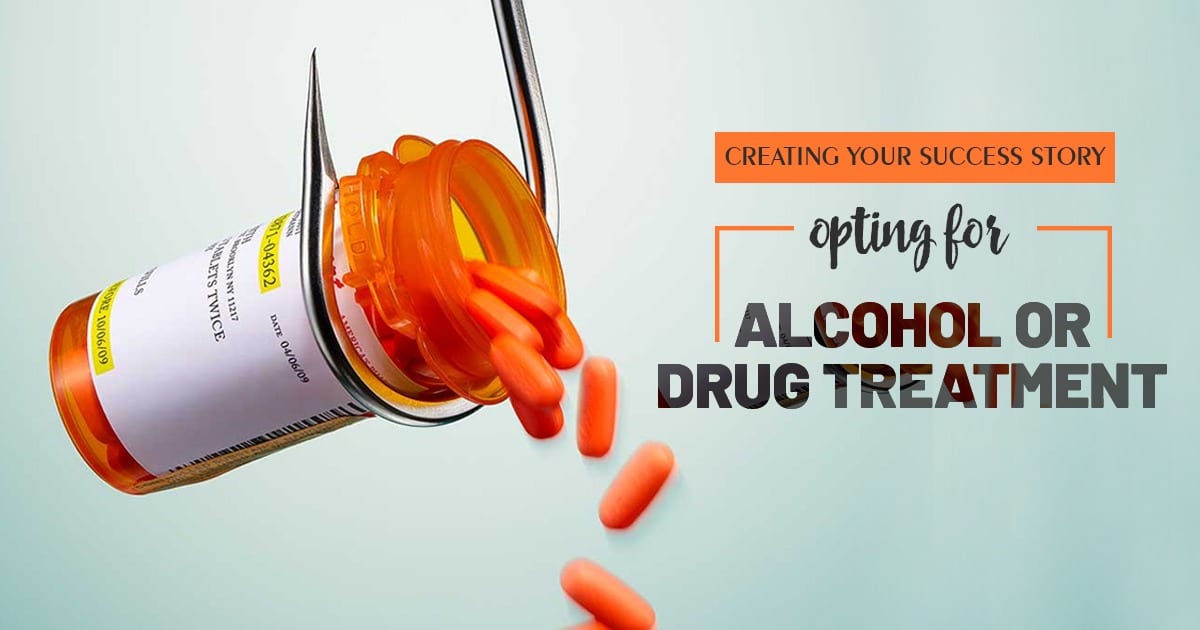
The signs of heroin use can be obvious eventually, but early on, not as much. Heroin is a highly addictive, deadly drug for many people, and it’s at the center of the opioid epidemic occurring in the United States. Heroin and other opioids are a big part of a growing substance abuse problem in the United States, and unfortunately, opioid use disorder can be deadly.
What Are the Signs of Heroin Addiction?
The physical signs of heroin use vary depending on personality, genetics, and other individual factors. Physical symptoms of heroin addiction or use include:
- Constricted pupils when under the influence
- If someone smokes it, they may have an ongoing cough
- Dark circles around the eyes
- When going through withdrawal, a person could have large pupils
- Heavy eyelids or a droopiness in the face
- Burn marks on the fingers or mouth, if it’s smoked
- Nose bleeds if heroin is snorted
- If injected, track marks on the arms which are needle marks
- Weight loss
- Scabs and signs of skin picking
- Flu-like symptoms if going through withdrawal
- Drowsiness or increased need for sleep
- Slurred speech
- Mood swings
- Wearing long pants or sleeves, even if the weather is warm or hot
- Dry mouth
- Nausea or vomiting
- Shortness of breath
- Itchiness
Some of the behavioral symptoms and psychological symptoms of heroin use or a heroin addiction include:
- Engaging in risky behaviors
- Inability to make good decisions
- Concentration problems
- Seeming disoriented
- Unpredictability in mood
- Euphoria
- Lack of enjoyment
- Loss of self-control
- Anxiety
- The presence of drug paraphernalia like aluminum foil
- Sexual dysfunction
- Changes in menstrual cycles
When someone has a heroin use disorder, it can have many adverse effects on their entire life. Complications and negative outcomes from ongoing heroin use can include:
- Job loss
- Problems at school
- Poverty
- Homelessness
- Problems in relationships or divorce
- Legal problems
- Domestic violence
- Child neglect and abuse
- Infectious disease exposure
- Kidney failure
- Liver disease
- Collapsed veins
- Lung damage
- Damage to other vital organs
- Overdose or death
It may be a gradual process where you piece together various signs of drug abuse. For example, it can be challenging to know at first in a teen because teens are known for mood swings and generally erratic behavior. For many people, behavioral signs of heroin abuse might be the first indicator. For example, isolation, deceptive behavior, changes in friend groups, or seeming easily agitated or overly fatigued can all be possible symptoms of heroin use or the use of illegal drugs in general.
How Heroin Affects the Body
When you take heroin, it activates specific receptors in your brain, creating short-term effects. Your body has neurotransmitters, which are natural chemicals. These neurotransmitters bind to receptors in the brain and body, regulating pain, feelings of well-being or euphoria, and hormone release.
When your opioid receptors activate in your brain’s reward center, they stimulate dopamine release. Dopamine creates the high you feel if you use heroin. Unfortunately, what also happens is that the reward center’s activation causes a reinforcement of drug-seeking behavior and usage. When someone takes heroin, they get a pleasurable rush. How much of a rush they feel depends on how much heroin they take and how quickly it binds to their opioid receptors.
Immediate effects of heroin might include flushing of the skin, a feeling of heaviness in the arms and legs, and a dry mouth. Sometimes, you could experience severe itching along with nausea and vomiting. Right after using heroin, drowsiness can occur and last for several hours. Mental functioning is cloudy, and the heart function and breathing slow down.
Opioids like heroin depress breathing because they change neurochemical activity in your brain stem. The brain stem controls automatic bodily functions, including not just breathing but your heart rate. If you take a dose of heroin that’s more than what your central nervous system can handle, breathing can slow down to a dangerous level. When breathing slows too much, it’s an overdose. An opioid overdose can cause permanent brain damage, coma, and death.
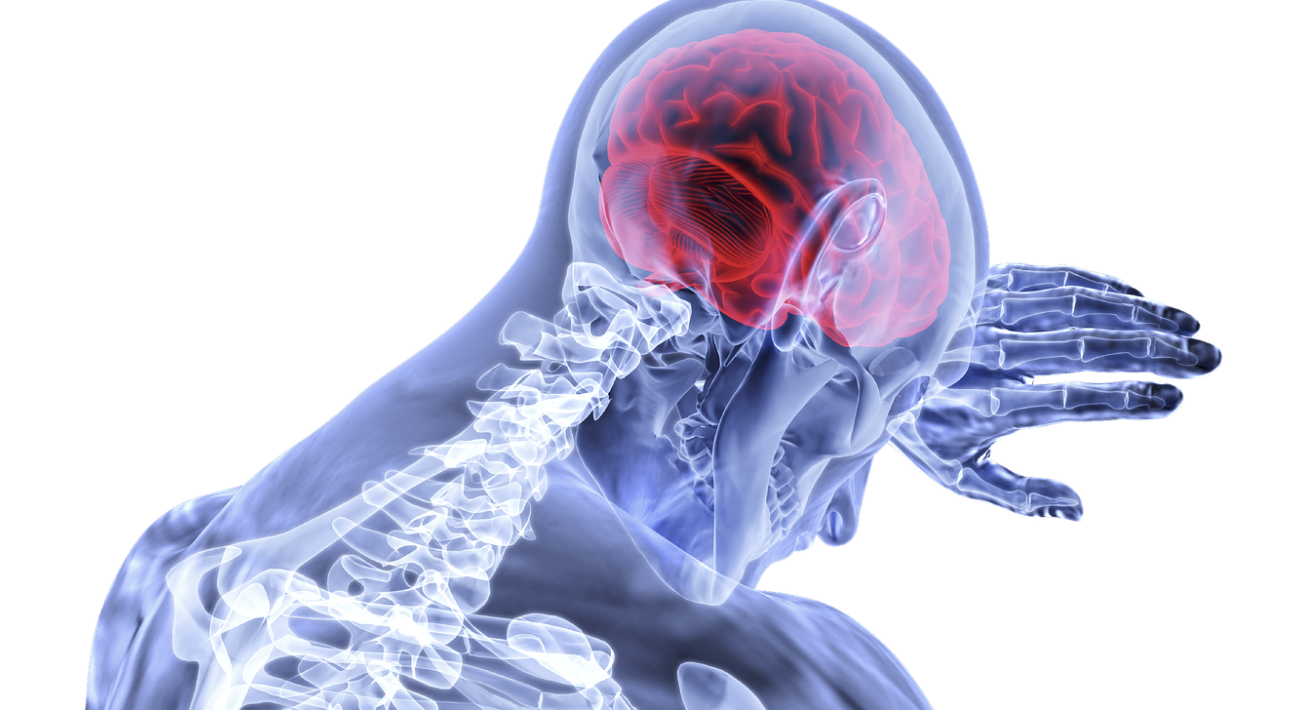
The Effects of Heroin on the Brain
With repeated exposure to heroin, the brain’s structure and physiology change, creating long-term effects. Those changes can cause imbalances in your hormone and neuron systems. These are difficult, although not impossible to reverse.
Researchers have found your white matter may deteriorate in response to heroin use. A decline in the brain’s white matter may impact your ability to make decisions, respond to stress, and regulate your behavior. Dependence is a significant risk factor with heroin, as well as developing a tolerance. Even after using heroin a few times, you may create tolerance and need higher doses to get the same effects. When you’re tolerant, you can also become physically dependent on the opioid. If you’re dependent on heroin and stop using it abruptly, you’ll experience withdrawal symptoms, which is one of many effects of heroin abuse.
Symptoms of withdrawal tend to occur within a few hours after the last time you use heroin. Heroin withdrawal symptoms can include:
- Bone pain
- Muscle aches
- Restlessness
- Insomnia
- Diarrhea
- Vomiting
- Goosebumps and cold flashes
For most people who use heroin, the withdrawal symptoms peak within 24 and 48 hours after their last dose; they get better over about a week. Some people experience longer-term symptoms over a few months.
What Are the Signs of a Heroin Overdose?
If someone you love is experiencing a heroin overdose, it can be challenging to know if that’s what’s happening or they’re very high. Learning to recognize the differences can be lifesaving. If someone is high on heroin, they might seem out of it and have slurred speech, but they can still respond to stimuli such as loud noises.
Signs of an overdose, on the other hand, can include:
- Loss of consciousness
- Not responding to stimuli
- Awake, but not able to speak
- Slow, erratic, or shallow breathing
- Stopped breathing
- Weak pulse
- Low blood pressure
- The skin might turn bluish-purple in someone with a lighter skin tone. In people with darker skin, it could be gray or ashen.
- Choking or gurgling sounds
- Limpness
- Clammy, pale face
- Vomiting
- Lips and nails turn blue or purplish
- Slow, erratic, or stopped heartbeat
If someone is overdosing on heroin, you should administer Narcan right away if possible. Even if you have it available, you should also contact 911 or your local emergency services provider. A heroin overdose is a dire and often life-threatening situation.
What Can You Do?
If you believe someone you love is using heroin or suffering the effects of heroin use, it’s a difficult situation. Heroin is a hazardous and addictive drug. Once someone is addicted to heroin, they’re probably also physically dependent. Getting professional treatment as soon as possible is the most crucial thing for heroin users or anyone with a substance use disorder.
Most people will need a professional detox if they’re dependent on heroin. During this time, a patient receives close observation and medical care to reduce withdrawal symptoms. Going through withdrawal can be one of the most complex parts of stopping heroin, so a supervised detox can reduce the risk of relapse and alleviate some of the challenges during this time. Once a person fully detoxes from heroin and any other substances, they can begin addiction treatment.
Along with types of counseling, such as cognitive-behavioral therapy, there are medication-assisted treatment options with FDA approval to help people with heroin addiction and dependence. Often, heroin users also have another co-occurring mental health disorder that can be made worse by the effects of heroin addiction. A treatment program should address co-occurring disorders like bipolar disorder and treat the symptoms of heroin abuse and addiction.
If you’re interested in learning more about maintaining sobriety, treatment, and recovery from heroin addiction, we encourage you to contact the team at Anchored Tides Recovery by calling 866-600-7709.




